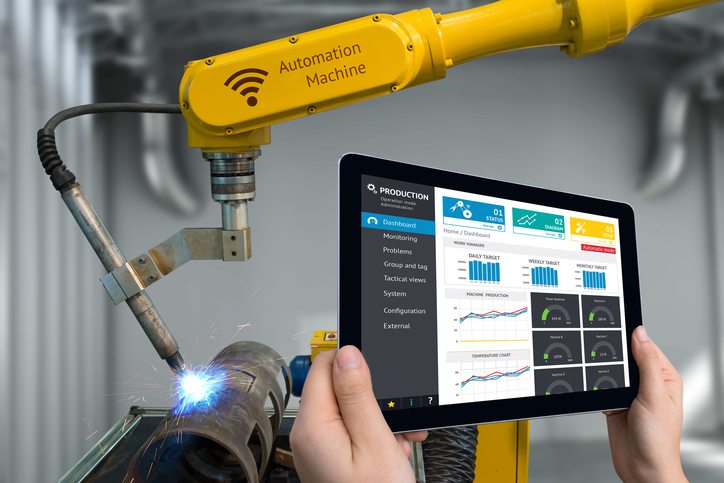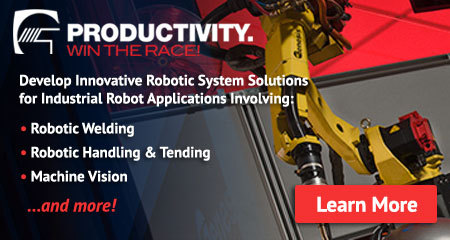The Industrial Internet of Things (IIoT) is rapidly transforming the manufacturing landscape. As more factories adopt this technology, industrial robotics has emerged as a key driver of innovation and efficiency. These advanced robotic systems are not just improving production lines—they’re redefining what’s possible in modern manufacturing. Today’s industrial robots are far more capable than their predecessors. With enhanced sensors, machine learning capabilities, and seamless connectivity, they are becoming more intelligent, adaptable, and precise. This evolution is not just about speed—it's about flexibility, accuracy, and real-time decision-making that can significantly boost productivity and reduce costs. One of the most significant impacts of the IIoT on industrial robotics is the rise in connectivity. Factories are now able to monitor, control, and optimize robotic systems in real time, leading to better performance and greater ROI. This level of integration allows for predictive maintenance, remote diagnostics, and data-driven decision-making that was once unimaginable. A great example of this transformation is Oshkosh Defense, a leader in defense transportation solutions. They faced challenges with their robotic welding systems, which were not meeting expected output levels. By implementing a cloud-based software platform, they were able to track critical parameters, manage workcell performance, and improve system reliability. The result? A 20% increase in uptime and a major improvement in productivity. While today’s manufacturing environments are largely structured and inflexible, the future promises a more dynamic and responsive approach. Full connectivity across all systems will enable manufacturers to adapt quickly to changing market demands, reducing downtime and increasing efficiency. With IIoT-enabled robotics, processes can be reconfigured faster, supply chains can be optimized in real time, and production can align more closely with consumer needs. This shift toward agility is at the heart of Industry 4.0, where smart, connected systems drive continuous improvement and innovation. As these technologies continue to evolve, the role of skilled integrators becomes even more crucial. Companies like Genesis Systems Group are at the forefront of this movement, delivering cutting-edge robotic solutions that help manufacturers stay competitive in an ever-changing global market. air jet micronizer,Flat Crusher Machine,Air Jet Mill Micronizer,Counter Air Jet Mill Sichuan Shichuang Micro Nano Technology Co.,Ltd , https://www.scwnpowder.comHow IIoT and Industrial Robotics Are Shaping the Future of Manufacturing

Connectivity: The New Era of Industrial Robotics
Agility: The Future of Production

How the IIoT and Industrial Robotics are Evolving
The Air Jet Mill is a highly efficient grinding equipment that utilizes high-speed airflow to achieve ultra-fine particle sizes. It is ideal for materials that are heat-sensitive, hygroscopic, or explosive. With precise control of airflow and grinding parameters, the mill ensures consistent particle size distribution and high grinding efficiency.